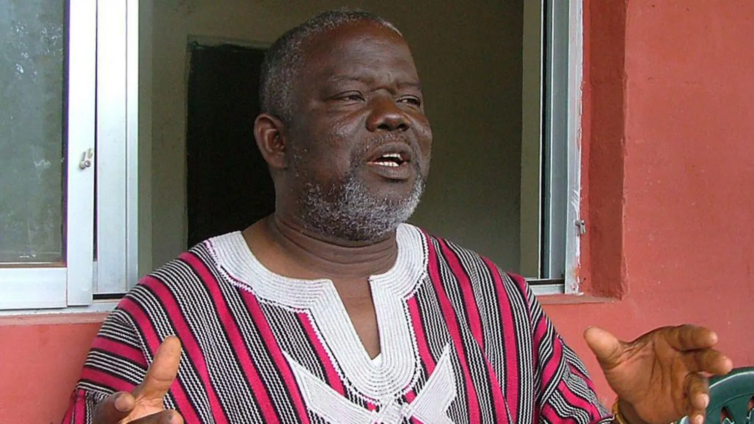Prince Yormie Johnson: Controversial Liberian Warlord-Turned-Politician Dies at 72
Friday, 29 November 2024 | Africa

Prince Yormie Johnson, a Liberian warlord-turned-politician, infamous for his role in the nation’s brutal civil wars and the chilling 1990 footage of him sipping beer while then-President Samuel Doe was tortured, has died at the age of 72. His death marks the end of a complex and controversial legacy that has divided opinion in Liberia and beyond. As a key figure in Liberia’s two civil wars between 1989 and 2003, Johnson’s actions left an indelible mark on the country. The Truth and Reconciliation Commission recommended that he be prosecuted for war crimes, but despite his notorious past, he was never brought to trial. Instead, Johnson transitioned into politics, becoming a senator in 2005 and wielding significant influence. He supported the last three winning presidential candidates, cementing his role as a political kingmaker. While some viewed Johnson as a champion for his constituents in Nimba County, others saw him as a reminder of Liberia’s unresolved issues of accountability and justice. Adama Dempster, a human rights activist campaigning for a special war crimes court, expressed disappointment that Johnson never faced trial. “We see his death as a blow to many victims who were waiting to see the senator face justice given his role in the civil war,” Dempster told the BBC. Johnson later expressed regret for the events of the war but justified his actions, claiming they were in defense of his people. “I was defending my country, my people, who were led to the slaughterhouse as if they were chickens and goats, by the Doe regime,” he reportedly said, as quoted by the AFP news agency. After the war, he sought redemption, becoming a pastor in an evangelical church. As a senator, Johnson was both praised and criticized. In Nimba County, he was hailed for improving local lives, earning a hero’s status among his constituents. However, his career was also marked by controversy. In 2021, the United States sanctioned him for alleged involvement in “pay-for-play” funding schemes, accusing him of personally benefiting from the distribution of government resources. Additionally, he faced allegations of selling votes for personal gain in several elections, drawing criticism from some political allies. Despite these controversies, Johnson remained a powerful figure in Liberian politics. Wilfred Bangura, a former official in Johnson’s Movement for Democracy and Reconstruction, described him as “politically weighty and strong,” adding that Johnson only shifted alliances when he saw his influence waning. While Johnson is mourned by many in Nimba County, where he is remembered as a hero and liberator, his broader legacy is clouded by the crimes committed during the civil wars. His death leaves lingering questions about justice for the victims of Liberia’s conflicts and the accountability of those who played key roles in the violence.
- Africa | BBC | CivilWarLegacy | Ghana Decides | LiberiaNews | PrinceJohnson


 How to resolve AdBlock issue?
How to resolve AdBlock issue?